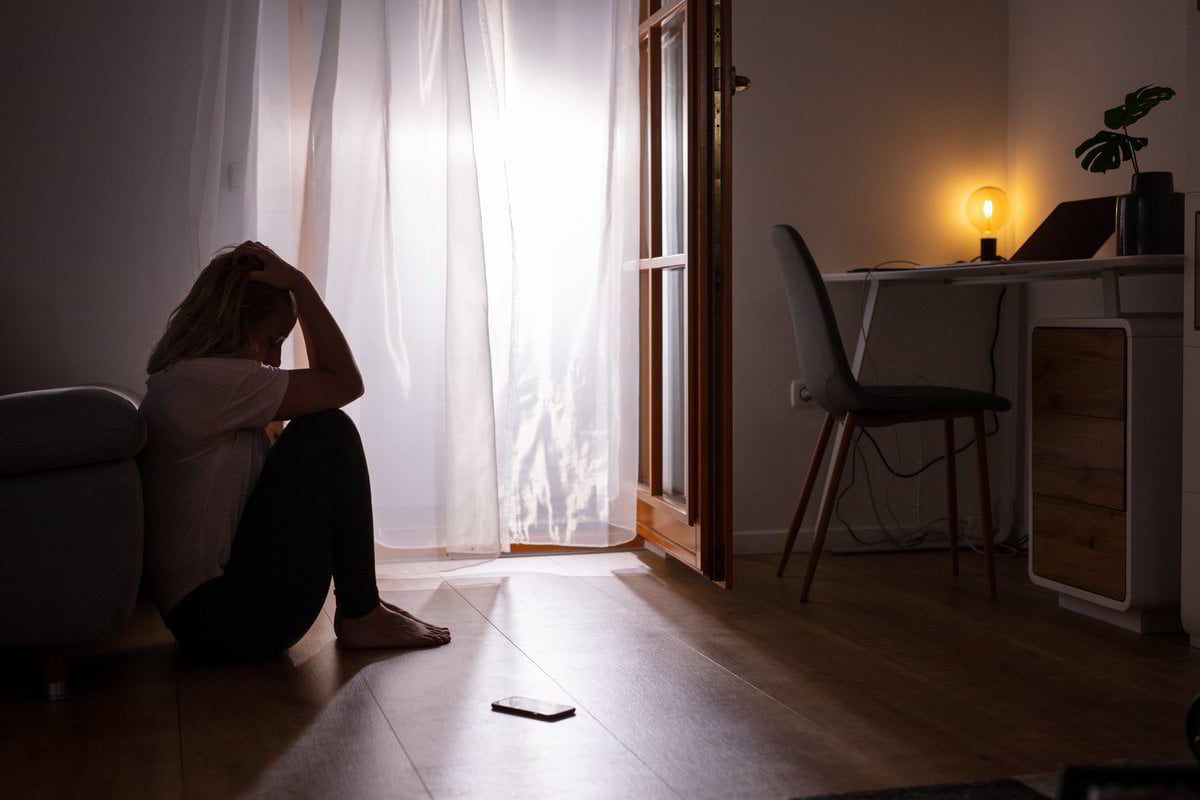
At Mamamia, we have a year-round commitment to highlighting the epidemic of domestic violence in Australia. During May, Domestic Violence Prevention Month, we will not only raise awareness of the personal impact of violence, but do our best to ensure victims have access to help, and encourage those who abuse to take responsibility and seek help for their behaviour.
This post deals with domestic violence and might be triggering for some reader.
I've always considered myself a fairly intuitive person, but the reality is, when it comes to the people in our lives, we never really know what happens behind closed doors.
Daily, we’re exposed to domestic and family violence stories in the media, but it's often only the cases that lead to significant injury or death that are reported on. In those tragedies, we don't see the actual number of women, men and children who are exposed to violence within their own homes, or the complex reality of what they experience.
We don't see the 'invisible' abuse. The financial control. The emotional manipulation. The sexual assault.
Watch: Women and Violence - The Hidden Numbers. Post continues below.
Recently I became aware of two good friends of mine who have been experiencing domestic abuse. Each at the hands of their partner — the father of their children.
